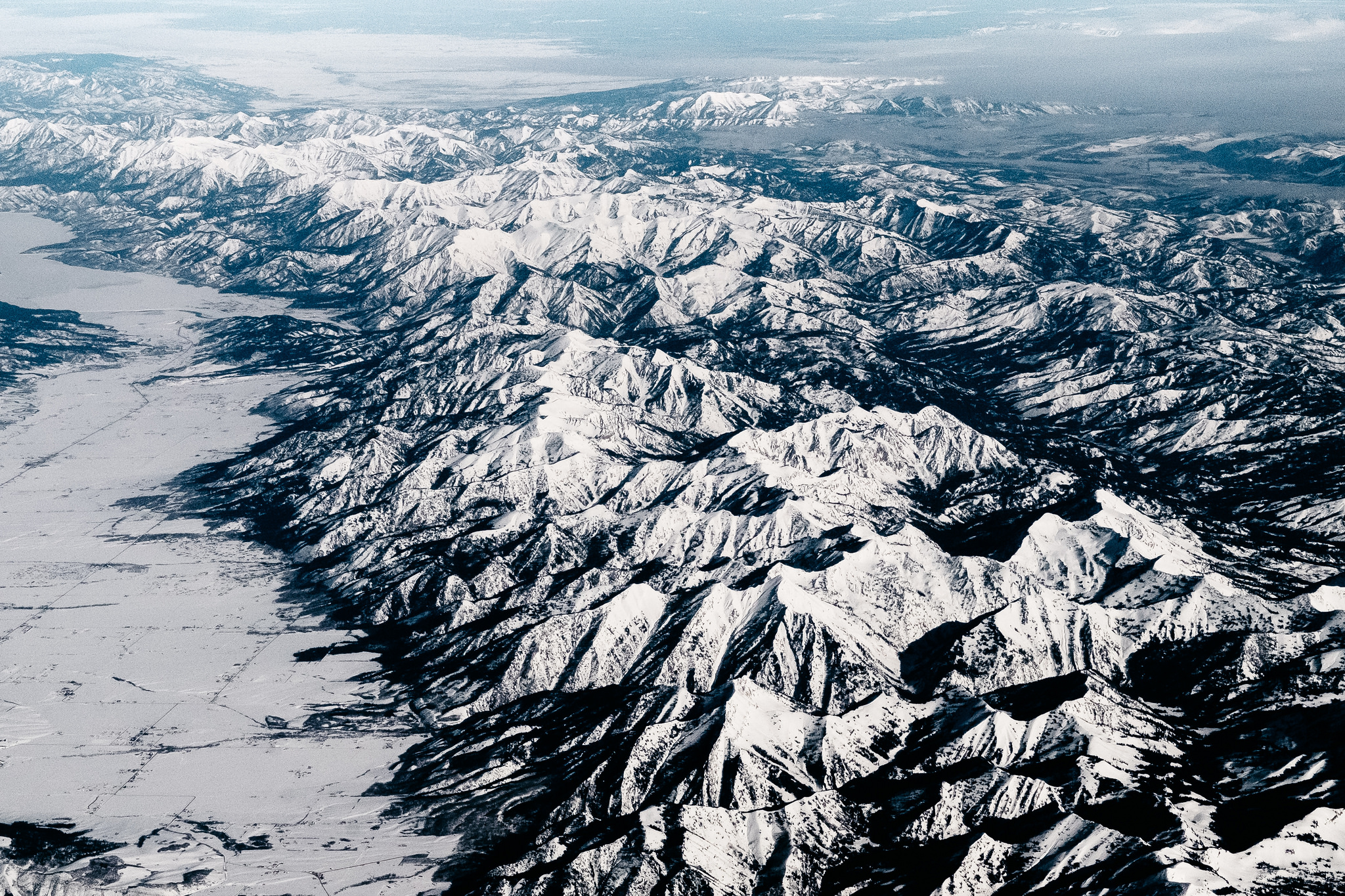I think when you are older flying starts to seem like a chore. This miracle that picks you up from one bedraggled town and lands you in the splendour of somewhere new suddenly feels like work, and worse, you start to sound like other people: droning on about legroom or delays or how dry the air is, your throat, your skin, oh, they’re just so dry after a flight, do you know what I mean, Vera?
But at least part of the reason I’m loath to dismiss flying is my parents first did it at a time when it still seemed even more miraculous, especially if you were leaving India for good to fly to London. First it was my Dad in ’66, and then my mom in ’70 after they got married, and soon thereafter my brother and I arrived through more ordinary means, and there we were, a little brown family with English accents in the home of Empire.
On this day, though, I was off to trace a different trajectory. Our family left England nearly thirty years ago to come to Canada, and I was catching an early morning flight from my home in Toronto to see a friend and my extended family in Vancouver.
I was a touch hungover, a product of the brilliant idea the evening before that a cocktail would be just the thing I needed to hit a deadline on a tortuous, abstract piece of writing. It was dark when my septuagenarian mother and father generously drove me to the airport the next morning and I was so tired I could barely think straight.
Perhaps it was my fatigue, then, that allowed me to shake my worldly cynicism when in the plane and briefly recapture the wonder of being up in the air—starting down at a frozen Lake Superior, the flat, carved up fields of Minnesota, and then finally the mountains rising up out of ground like brittle, granitic teeth.
I have occasionally thought that the nice thing about being in the sky is that one is untethered. As an “Anglo-Indo-Canadian,” it can seem nice sometimes to be disconnected from the ground, from little systems of recognition. But age does funny things to these ideas. After years of valorizing the in-between, you find yourself wanting not the abstract liminal space, but instead, you simply want your identity to just be.
I arrived at Vancouver, exhausted, under-slept, dehydrated. An old friend who’d been asking me to visit for years picked me up at the airport, and wrapped her arms around me. We spent the day together, and I was picked up in the evening by my first cousin—a young man whose name differs from mine by only a single letter. I’d never met Kavneet before, and there was an ease to it but also an uncanniness—to be exposed for the first time to someone who looked disturbingly like me (the poor sod), but not merely because we were of the same ethnicity, but because we shared genes.
We chatted in the car on the ride to my aunt’s house, joking and asking the usual questions as the mountains loomed in the background. Rain-soaked Vancouver seemed fascinating to me, evoking almost every cliché I’d heard about the Pacific Northwest: Gore-tex clad inhabitants, bikes everywhere and low-hanging mist hugging the grey city. We arrived shortly, into a normal suburban house, and almost as soon as I had plopped down into a comfy couch, someone handed me a beer and served some kebabs and all was well with the world. It was Vancouver, so the rain fell outside. Inside the beer soon switched to whisky and my jet lag set in, and slipping into bed, the comforting nowhere of darkness felt a bit like home.






